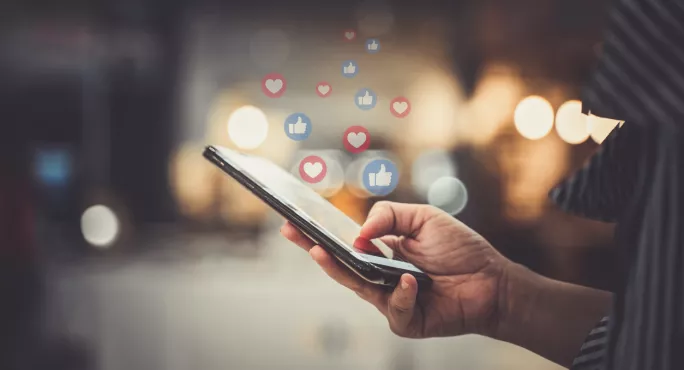The rise in social media use is not to blame for mental health problem in children and young people, according to a leading academic.
Neil Humphrey, professor of psychology of education at the University of Manchester, was speaking at a fringe meeting on “solving the mental health crisis in schools” at the Labour Party Conference in Brighton when he highlighted research among more than 350,000 adolescents.
He told Tes: “The research found that the amount of variability in mental health that is accounted for by kids’ social media use is less than half a per cent so it’s about the same as wearing glasses or potato consumption.”
Revealed: Where, when and why your pupils are happiest
News: ‘Students are less mentally ill once GCSEs are over’
Quick read: Why are more and more pupils self-harming?
Mental health: Anxious pupil left with little education for 9 months
Earlier this year, the Department for Education announced an increase in support projects in schools through which children would learn about the impact of social media on their mental health.
Headteachers have also called for new social media laws to keep children safe amid concerns that pupils’ use of social media sites was harming their mental health.
But Professor Humphrey said: “New technology emerges and there is a moral panic around it. And there is now a moral panic around social media and kids’ use of it.
“But all the research on bullying shows that the kids who are cyber-bullied are also the kids who are bullied in the traditional ways.”
He said that even in Victorian times, horror comics called “Penny Dreadfuls” were thought to be having a negative effect on teenage boys, while in the 80s and 90s it was violent video games and horror film “video nasties”.
However, he said a further study, a longitudinal survey of adolescents over several years, showed that if a young person was experiencing mental health difficulties they were more likely to spend time on social media in the future.
He said: “This may possibly be to access support or it might be to just try and understand more about what they’re feeling where they can remain fairly anonymous, for example, whereas if they say to their friend ‘I feel tearful’ that is quite exposing socially.”
A spokesman for University College London, which earlier this year found a link between social media use and depression in teenage girls, said “In terms of the more brain developmental side, our most recent health study shows that social media does not have an effect on wellbeing per se but the fact it may disrupt sleep and replace other activities which are known to be linked to life satisfaction means it could have an indirect effect.”




